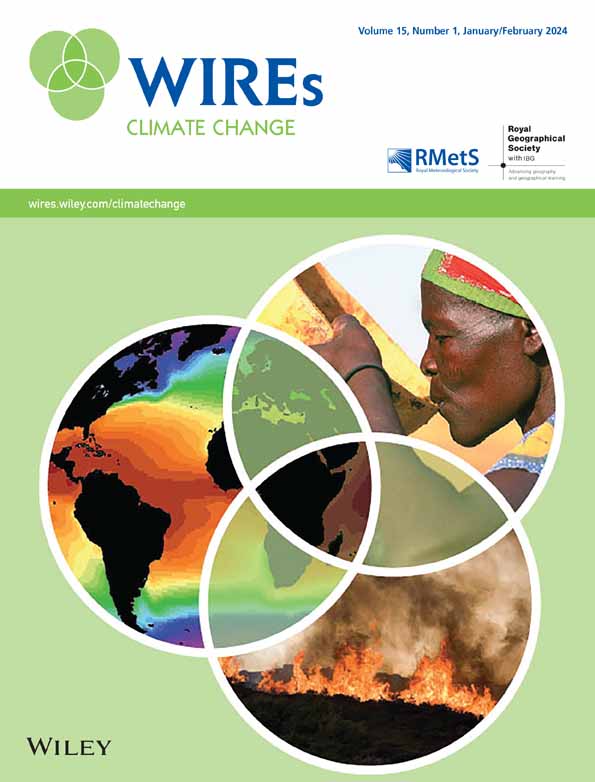Rethinking governance in international climate finance: Structural change and alternative approaches
IF 10.3
1区 环境科学与生态学
Q1 ENVIRONMENTAL STUDIES
引用次数: 5
Abstract
International public finance plays an increasingly prominent role in global efforts to combat climate change and, as it grows, it faces a familiar challenge: governance. Global organizations not only disburse climate funding, but are also expected to ensure the “good governance” of climate programs in recipient countries. Many of these same organizations faced similar challenges in disbursing development finance. In what became known as the “institutionalist turn,” they sought to reform governance and build effective institutions in recipient countries. At first glance, the approach to governance in climate finance appears to be a continuation of these largely ineffective policies. I argue, however, that important structural differences between climate finance and development finance have been overlooked, and that these differences create space for alternatives approaches to governance. I first examine the literature on what led to the ineffectiveness of governance reforms tied to development finance, concluding that global organizations have been consistently unable to recognize and grapple with how power actually works in recipient countries, especially informal power. I then highlight three new principles underlying climate finance: (1) that it is restitution not aid, (2) that recipient countries should control resource allocation, and (3) that funding should support mitigation and adaptation. I demonstrate how each new principle has produced shifts in decision‐making authority away from contributors and toward recipient countries. I discuss how alternative approaches could emerge both from forums where recipient countries exercise newfound authority, and from experimentation on the part of multilateral organizations.重新思考国际气候融资中的治理:结构变化和替代方法
国际公共财政在全球应对气候变化的努力中发挥着越来越突出的作用,随着它的发展,它面临着一个熟悉的挑战:治理。全球组织不仅支付气候资金,而且还被期望确保受援国气候项目的“善治”。这些组织中有许多在支付发展资金方面面临类似的挑战。在后来被称为“制度主义转向”的过程中,他们寻求改革受援国的治理并建立有效的机构。乍一看,气候融资的治理方法似乎是这些基本上无效的政策的延续。然而,我认为,气候融资和发展融资之间的重要结构性差异被忽视了,而这些差异为替代治理方法创造了空间。我首先研究了导致与发展融资相关的治理改革无效的原因的文献,得出的结论是,全球组织一直无法认识和应对权力在受援国的实际运作方式,尤其是非正式权力。然后,我强调了气候融资的三个新原则:(1)是恢复而不是援助,(2)受援国应控制资源分配,(3)资金应支持减缓和适应。我展示了每一项新原则是如何使决策权从捐助国转移到受援国的。我讨论了如何从受援国行使新权力的论坛和多边组织的实验中出现替代方法。
本文章由计算机程序翻译,如有差异,请以英文原文为准。
求助全文
约1分钟内获得全文
求助全文
来源期刊

Wiley Interdisciplinary Reviews: Climate Change
METEOROLOGY & ATMOSPHERIC SCIENCES-
CiteScore
20.00
自引率
2.20%
发文量
58
审稿时长
>12 weeks
期刊介绍:
WIREs Climate Change serves as a distinctive platform for delving into current and emerging knowledge across various disciplines contributing to the understanding of climate change. This includes environmental history, humanities, physical and life sciences, social sciences, engineering, and economics. Developed in association with the Royal Meteorological Society and the Royal Geographical Society (with IBG) in the UK, this publication acts as an encyclopedic reference for climate change scholarship and research, offering a forum to explore diverse perspectives on how climate change is comprehended, analyzed, and contested globally.
 求助内容:
求助内容: 应助结果提醒方式:
应助结果提醒方式:


